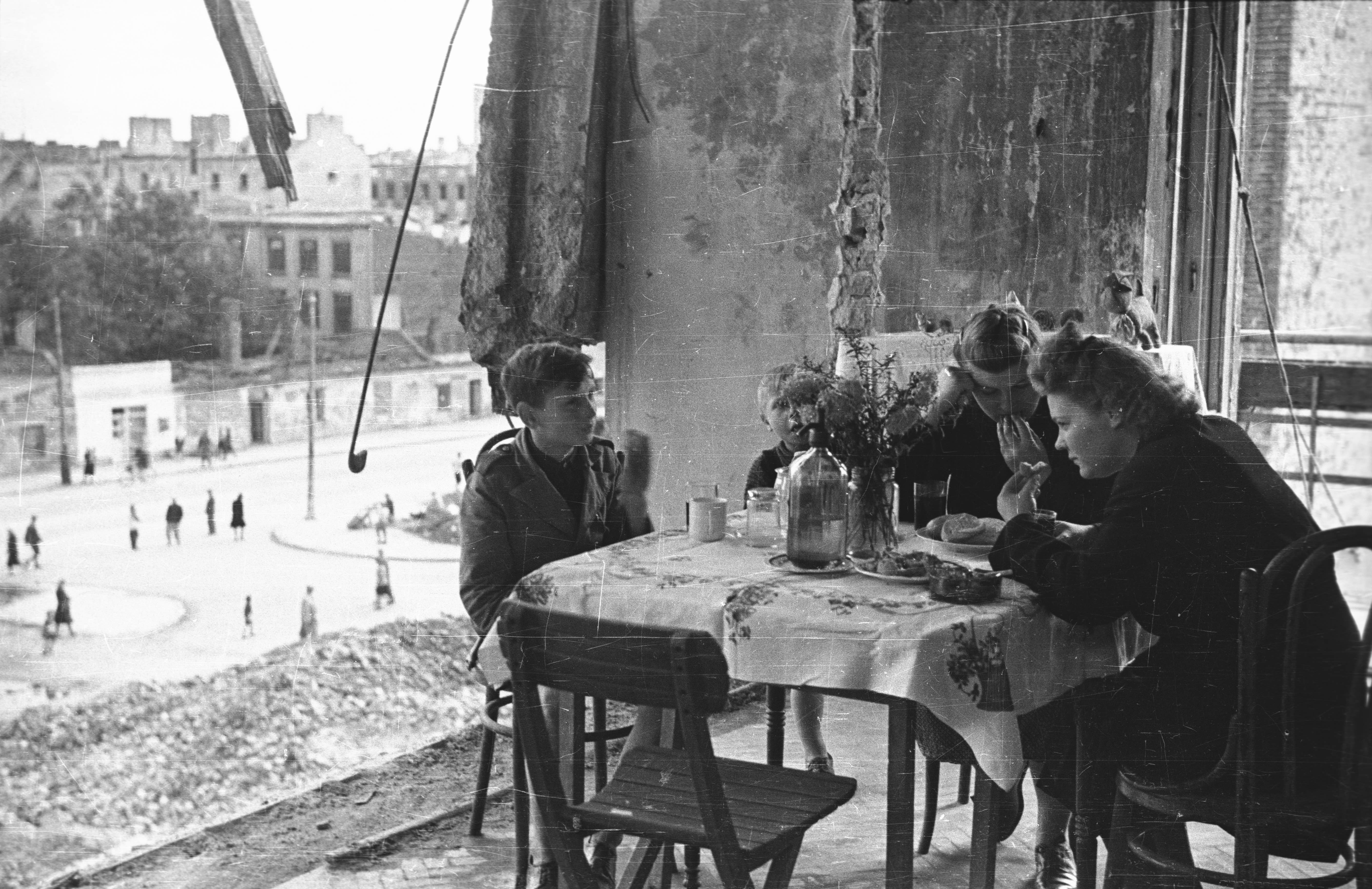
MAN AND CENTIPEDE
I will survive.
I’ll find the deepest basement,
shut myself inside, won’t let anybody in,
I’ll dig a hole in the ground,
chew out the bricks,
I’ll hide in the wall, I’ll go into the wall
like a centipede.
Everyone will die, and I
will survive.
MY LICE
I run through the streets of corpses
I jump over corpses,
on the chest under my blouse
warm lice
move.
Only they and I are alive,
it’s what we have in common.
They give me their movements
in the city of corpses,
where nothing moves anymore.
Weak like me,
they want to live like I do.
But when I run out of the city of corpses,
when a living human
opens for me the door of a living house,
I’ll toss into the fire the blouse with lice,
which like me
wanted to live.
LET THEM COUNT CORPSES
Those who gave the first order to fight
let them now count our corpses.
Let them go through the streets
that are not there
through the city
that is not there
let them count for weeks for months
let them count our corpses
till death.
Translated from the Polish by Piotr Florczyk
Poems come from Anna Świrszczyńska’s Building the Barricade (Tavern Books, 2016)
Read an introduction to these poems.





